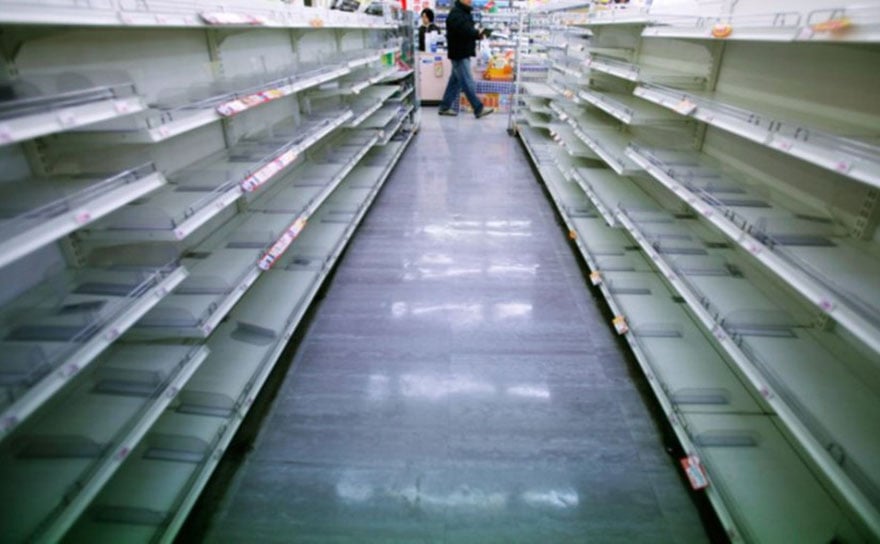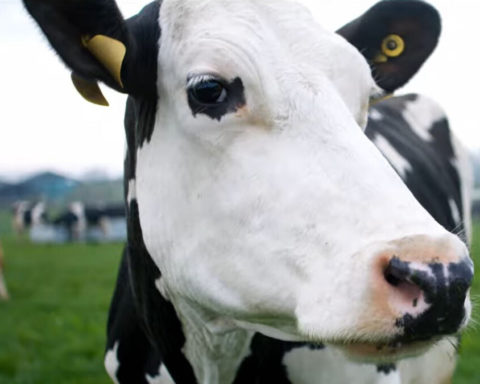By 2027, the world could face a calorie deficit of 214 billion calories. That's according to Sara Menker, founder and CEO of Gro Intelligence, an agricultural data analysis agency. In other words, in a decade or so, we won't have enough food to feed the planet.
Ne have known for a long time that we could reach a point where the number of humans on Earth would be so large that it would be impossible to feed them all. By 2050, the world's population is expected to reach 9.1 billion people, and the Food and Agriculture Organization of the United Nations (FAO) predicts that by then the world will be will need to produce 70 % more food. than it is today to feed all these people. This 2050 deadline is the one that scientists and organizations such as FAO and Oxfam usually cite as the year when the world will run out of food.
But, according to Gro IntelligenceThe problem with most food insecurity assessments is that they are based on mass and weight, not nutritional value. Why is this? Because that would be easier to calculate. But what we care about in food," says Menker, "is the nutritional value. Not all foods are equal, even if they weigh the same. »
It argues that if we consider the nutritional value of current food production, global food security is already more precarious than we thought. Moreover, population and economic growth in China, India and African countries will exacerbate this trend as they continue to grow as net food importers. The year 2023, says the director of Gro Intelligence, is the point of convergence of population growth in these three areas.
By 2023, the population of China, India and Africa will make up more than half of the world's population. Africa already has to import food and by 2023 India, which does not currently import, will have to start importing food. In China, population growth will eventually stabilize, but the country's overall caloric intake will continue to increase until the early 2020s. In recent years, the Chinese have started adding more and more meat - and especially red meat - to their diet. High-calorie foods that they used to eat little before. Predictions converge on the assumption that more and more Chinese will demand this type of high-calorie diet.
In 2023, even if all the surplus production from Europe, North America and South America were exported only to China, India and Africa, it would still not be enough, says Sara Menker. Four years later, she predicts a shortage of 214 trillion calories. Menker compares that figure to the calories provided by 379 billion Big Mac hamburgers, more than McDonald's has produced in its lifetime.

Source: Quartz












